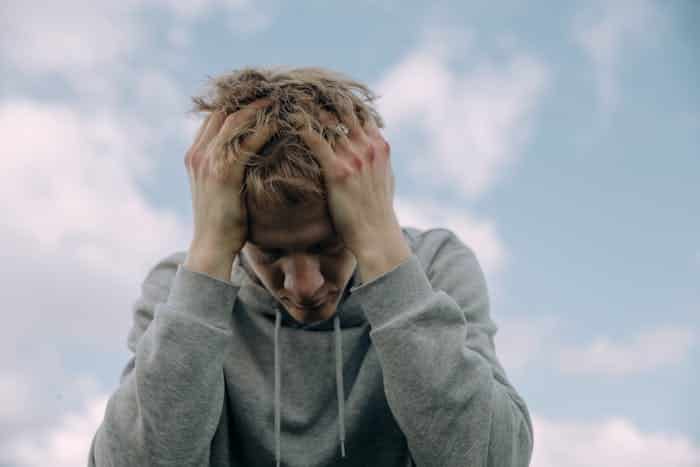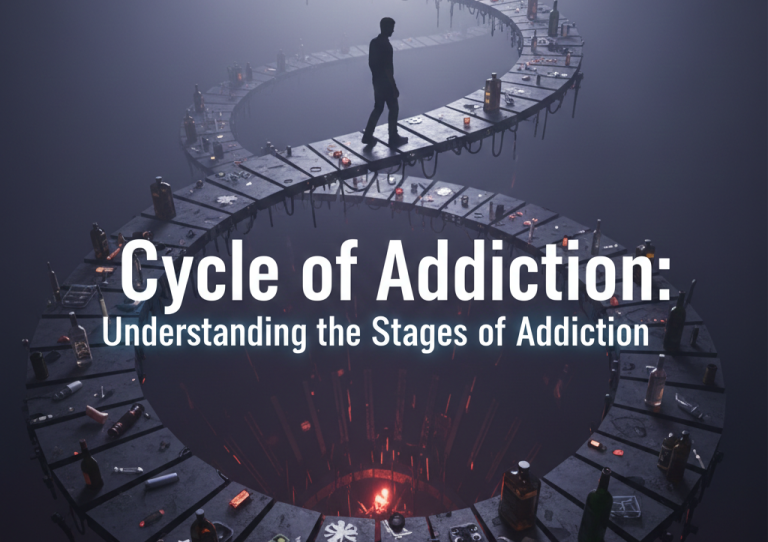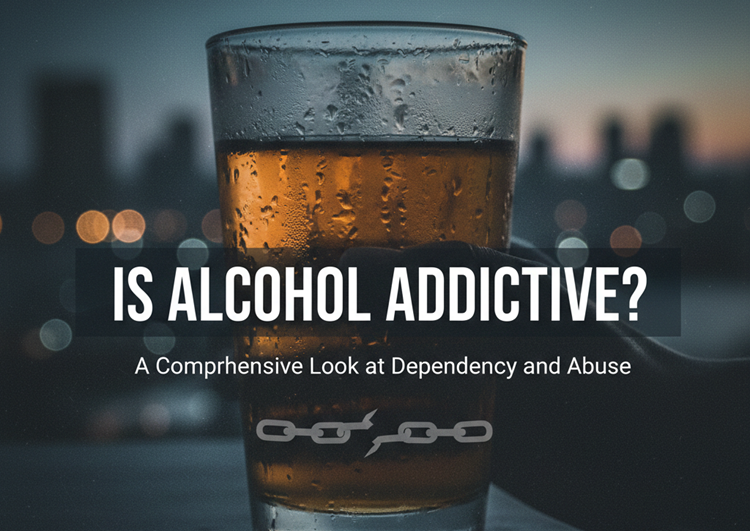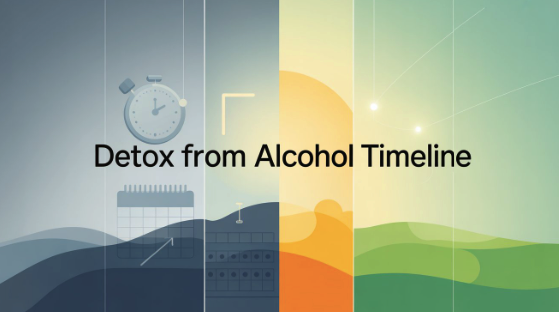Millions of individuals across the world have to deal with the serious health condition known as drug use disorder. The path to drug addiction typically begins through recreational means and proceeds through prescription drugs before people begin using medications as a treatment for their mental disorders which severely impacts health as well as personal relationships and lifestyle. The path to defeating addiction requires understanding drug use disorder alongside its identifying signs and treatment options.
What is Drug Use Disorder?
Drug use disorder sets itself apart as a medical condition which forms substance use disorder and this condition becomes detectable when individuals continue their drug usage even though it causes negative effects. The substance changes operations inside the brain reward system which causes people to experience poor drug-control abilities. The necessity for higher dose combinations develops in time so that a person maintains their desired drug effects which eventually leads to dependence and addiction.
Drug use disorder affects individuals through multiple substances which span from prescription drugs, illegal substances and alcohol. Physical and psychological dependence becomes severe when a person uses opioids combined with stimulants alongside benzodiazepines and alcohol.
All People Who Consume Drugs, Do They Develop Addiction?
The use of drugs alone does not guarantee that someone will develop an addiction. Multiple elements affect the risk of becoming addicted such as family history of substance abuse and psychiatric disorders and environmental factors together with the choices regarding drug intake. Earlier drug experimentation can result either in no dependency development for some people or in short-term use leading to addiction for others.
Opioids along with methamphetamine have higher addictive properties than other drugs which leads to increased dependency when used for a short period. Those with preexisting bipolar disorder tend to develop drug use disorder when they use substances to escape their medical symptoms.
- Drug addiction affects different populations depending on their risk factors.
- Various elements elevate the possibility of getting drug use disorder including personal history and individual psychiatric diagnoses.
- Having relatives who are addicted to substances creates a heightened chance for a person to develop addiction disorders.
- People with mental health disorders frequently develop substance abuse habits since they seek relief through drug use from medical conditions such as anxiety and depression and bipolar disorder.
- Adult drug use significantly raises the chance that somebody will become addicted to drugs during their adulthood years.
- An adult person exposed to drug-using environments during youth is more likely to develop a substance use disorder.
- The act of spending time with colleagues who indulge in drug use increases the odds of developing a substance use disorder.
- The experience of enduring stress and traumatic events forces people to seek drug solutions for managing their emotional state.
What are the Signs that Someone has a Drug Problem?
Early intervention requires attention to all signs of drug use disorder. Drug addiction produces these three main signs in an individual:

- A person experiencing drug use disorder frequently shows sudden emotional changes as well as secretive behavior and distant personal relationships and fails to meet daily obligations.
- The physical indications of drug use consist of red eyes along with unintentional weight reduction and unsteady movement as well as a decline in ordinary appearance maintenance.
- Psychological Symptoms: Increased anxiety, paranoia, depression, and mood instability.
- Unaccounted money distribution and money borrowing together with stealing demonstrate financial troubles from drug use.
- Drug addiction evokes an enhanced tolerance because patients require bigger dosages to reach their desired effect.
- Physical as well as psychological struggles with discomfort develop when someone stops using drugs.
What are the Treatments for Drug Addiction?
Several treatment procedures exist for individuals who need help with drug use disorder. Specific treatment approaches which fit individual needs prove most successful by combining different therapeutic methods. Some common treatment options include:
1. Medical Detoxification
The initial step to treat drug addiction requires undergoing detoxification. Professionals help patients remove toxic substances from their bodies at the same time they control withdrawal effects. The process of detoxification requires medical oversight for both safety and comfort purposes.
2. Behavioral Therapy
Two evidence-based treatments known as Cognitive-Behavioral Therapy (CBT) and Dialectical Behavior Therapy (DBT) help addiction patients understand their addiction causes along with learning skills to avoid relapses.
3. Medication-Assisted Treatment (MAT)
Some medical drugs support patients who experience withdrawal symptoms associated with cravings by providing treatment. For example:
- Naltrexone and disulfiram constitute drugs to treat alcohol use disorder through their effects on reducing alcohol cravings in patients.
- Solid evidence shows that doctors prescribe SSRIs and benzodiazepines to patients who have anxiety disorders as well as mental health conditions.
- Treatment for drug use related to anxiety disorders uses therapeutic approaches together with antidepressants to treat fundamental anxiety problems.
4. Inpatient and Outpatient Rehab Programs
Protection from drug addiction occurs within treatment facilities that maintain structured recovery environments. Patient rehab programs provide constant medical care day and night but outpatient treatment lets people maintain their usual duties during treatment.
5. Support Groups and Aftercare
Long-term recovery requires patients to engage in support groups which include NA and AA programs. Support programs directed at people in recovery assist them in staying drug-free while reducing the risk of returning to substance usage.
Get Help Today
Getting proper professional assistance becomes your first necessity when someone battles drug use disorder alongside family members and friends.

The organization provides individualized treatment solutions which match specific patient requirements. The staff at Orlando Treatment Solutions leads patients through medical detox and inpatient and outpatient programs toward clean and substance-free lives. Contact our specialist team right now at (321) 415-3213 and build your path toward rehabilitation.



























